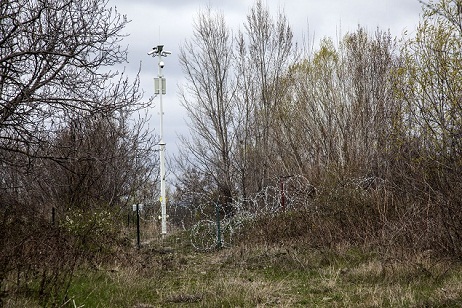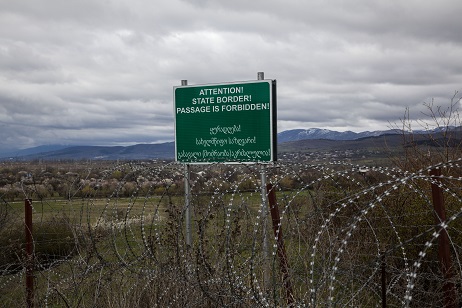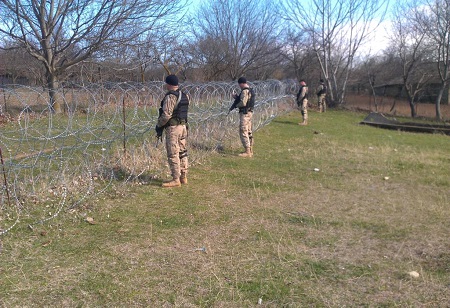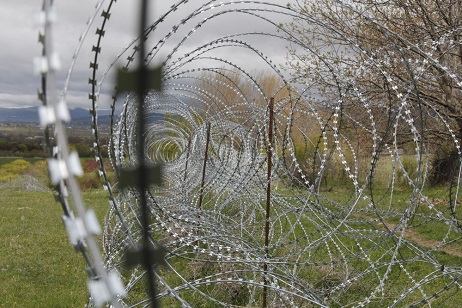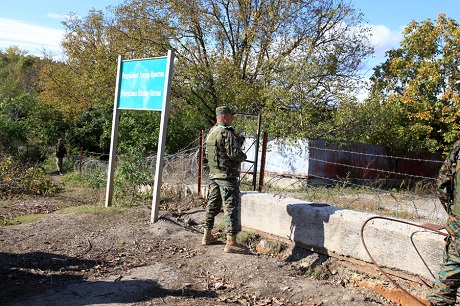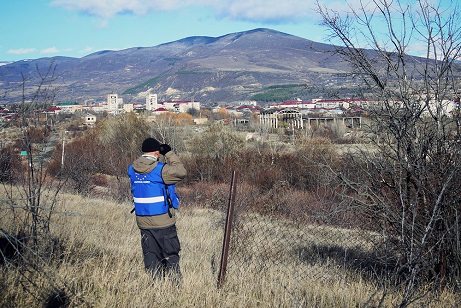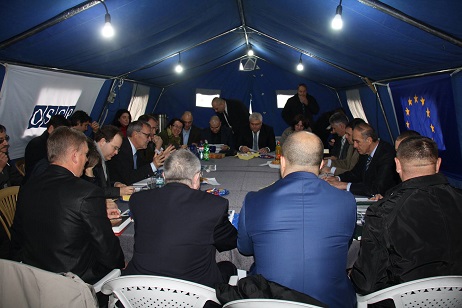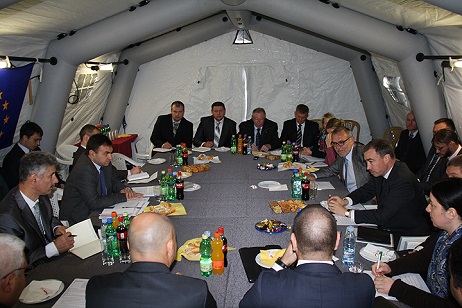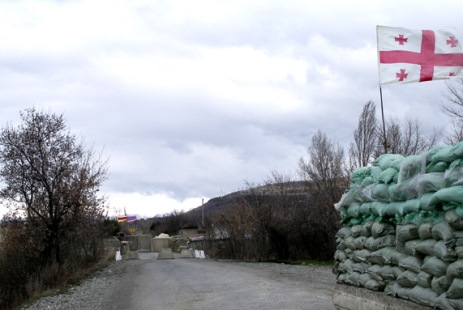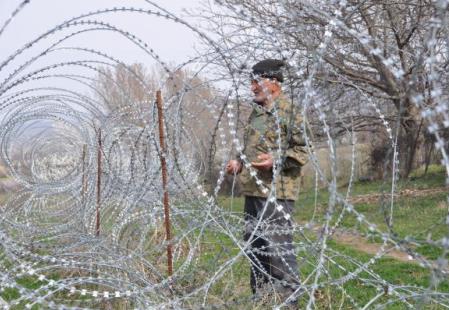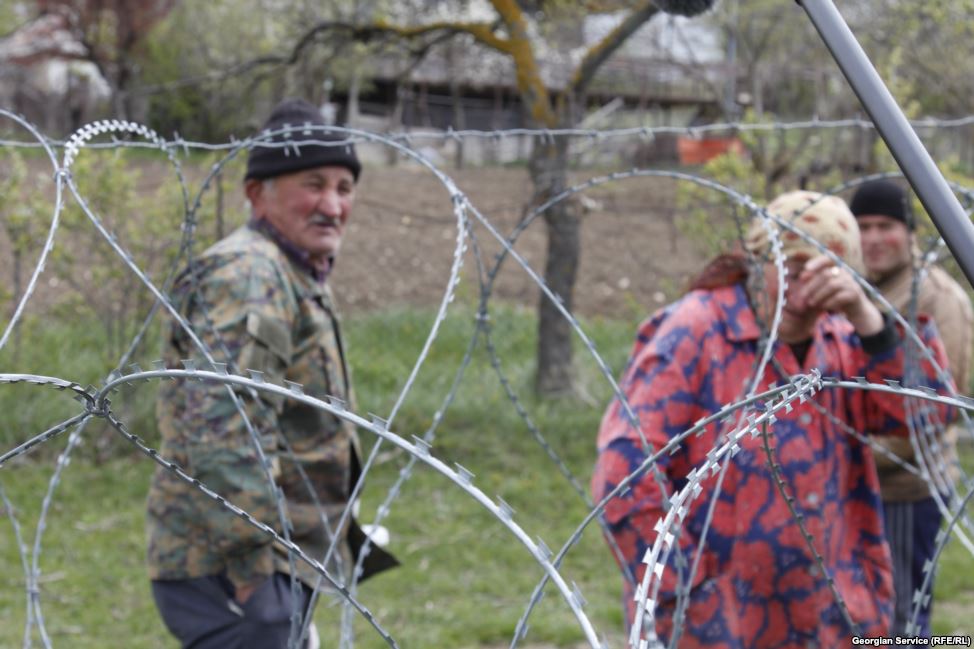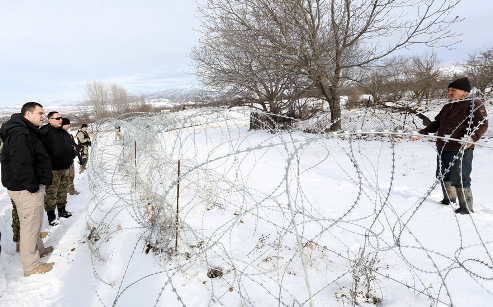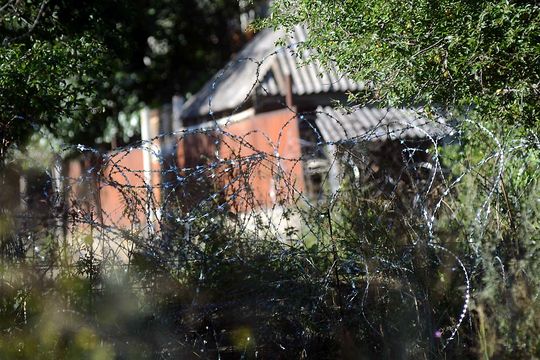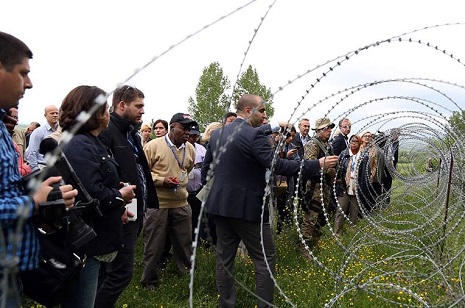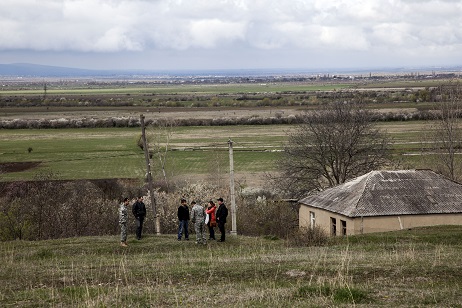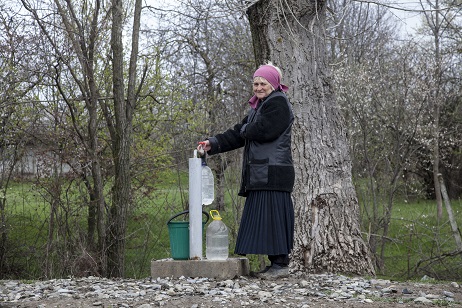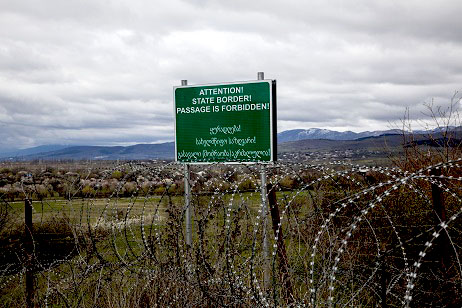Two Georgian’s captured, experts meet in Ergneti to stop detention near occupation line
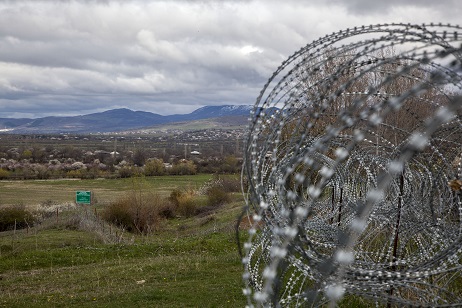
Two more Georgian citizens have been detained by Russian soldiers today – the same day conflict resolution experts discussed possible ways to stop these kinds of detentions near the occupation line.
Gela Tsotsolashvili and Shalva Muladze from Brolosani and Tseghveri villages were detained earlier this morning in two separate incidences. Both were accused of allegedly crossing the so-called Administrative Boundary Line (ABL) between Georgia and Georgia’s Tskhinvali (South Ossetia) region, which is now occupied by Russia. Both of these Georgian villages are located very close to the occupation line.
While this was happening in the conflict zone, international conflict resolution participants convened in Ergneti village to find ways of preventing this kind of unlawful detention from happening.
The experts discussed humanitarian issues at Georgia’s border-crossing villages along the breakaway Tskhinvali region, which is backed by Russia.
This was the 55th meeting under the Incident Prevention and Response Mechanism (IPRM) in Ergneti, co-facilitated by Head of the EU Monitoring Mission in Georgia (EUMM) Kestutis Jankauskas and Ambassador Angelo Gnaedinger, the Special Representative of the OSCE Chairperson-in-office for the South Caucasus.
While reviewing the current security situation along the ABL, the co-facilitators expressed concern about the increased number of detentions that took place after the last IPRM, many of those being related to ‘jonjoli’ picking.
Today’s detention of two men came after another Georgian citizen was detained near the ABL yesterday.
Currently, it is understood 13 Georgian citizens remain detained in Tskhinvali isolator for allegedly crossing the occupation line.
The detention of Georgian citizens near the ABL is common, especially in spring and summer when local residents follow their grazing cattle or go to the forest to pick "jonjoli”, mushrooms or woods. It is not always obvious where the occupational line is, as Russians keeps changing the so-called borders, which is informally known as "creeping occupation”.
Russian border guards install barbed wire fences through Georgian villages and arrest Georgian citizens for any conscious or unconscious attempt to cross this so called border. Then families need to pay ransom in order to get their loved ones out of the Tskhinvali prison.
Read more about how people live in conflict zone here.
Today the Ergneti meeting participants also discussed ways to address cases of missing persons.
Other specific problems, including those related to the agricultural season, were also discussed. The co-facilitators called on participants to find "pragmatic solutions” to address these issues.
The IPRM was created in February 2009 as a result of the Geneva Discussions that followed the 2008 Russia-Georgia conflict in Georgia. The meetings are an opportunity to identify and discuss potential risks and follow-up of incidents and issues affecting the communities on a daily basis.
The next IPRM meeting will take place on June 24.
 Tweet
Tweet  Share
Share
